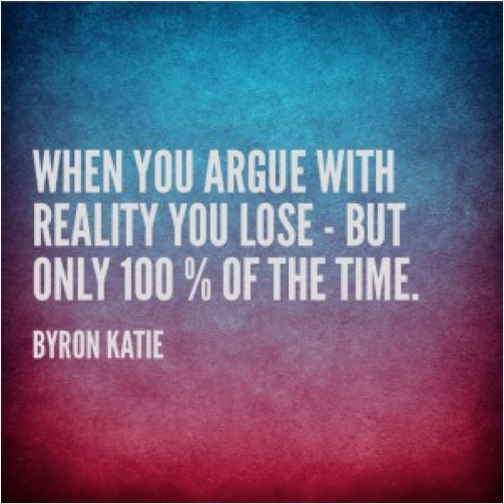Accept (them) without exception

The spiritual-religious notion of acting where one can and accepting where one cannot is transcultural.
In the 1st century, Epictetus wrote:
Make the best use of what is in your power, and take the rest as it happens.
8th-century Indian Buddhist scholar Shantideva said:
If there’s a remedy when trouble strikes, what reason is there for dejection? And if there is no help for it, what use is there in being glum?
11th-century Jewish philosopher Solomon ibn Gabriel wrote:
At the head of all understanding – is realizing what is and what cannot be, and the consoling of what is not in our power to change.
In modern times, Reinhold Niebuhr wrote:
God grant us the serenity to accept the things we cannot change,
the courage to change the things we can,
and the wisdom to know the difference.
Bring it to people
I want to talk about acting where one can and accepting where one cannot with regard to a specific situation – dealing with other people.
If there are things you don’t like about your children, your coworkers, your parents, your spouse – you need to change.
Do not change them. Change yourself.
Of course, it is somewhat yummy to scold them. And it is also somewhat yummy to act as a victim to what they do. Nonetheless, the only thing you really CAN change is you.
Ponder this:
Countless times, I have heard someone bothered by the actions of another exclaim, “Oh, I knew he was going to do that.” The annoyed person says this as though it justifies their anger. How silly is that? If you are so wise that you know someone is going to something annoying, why are you annoyed? If you know someone is going to be annoying, whose fault is it when you are annoyed? You in all your wisdom had all the forewarning!

When you plant a lettuce, if it does not grow well, you don’t blame the lettuce. You look for reasons that it is not doing well. It may need a fertilizer or more water or less sun. You never blame the lettuce.
Yet often, if we have problems with our family or friends, we blame the other person. But if we know how to take care of them, they will grow well like lettuce.
Blaming has no positive effect at all, nor does trying to persuade using reasons and argument. That is my experience. No blame, no reason, no argument. It’s just understanding. If you understand and you show you understand, you can love and the situation will change.
If you love, the situation will change.
Trying to persuade – combatting another person with arguments, reason, debate skills – does not work. Shaming does not work. Mocking your boss, your coworker, your children, or your spouse does nothing positive.

When you argue with reality, you lose – but only 100% of the time.
If people are going to change, it will only be because they are feeling love – they are feeling recognized for who they are, accepted for who they are, understood for who they are, and responded to as they like. If we love others – fully take them as they are – then, they might change.
Of course, once we fully love them, we might not feel so insistent that they need to change.
#wisdom_biscuit: Accept people as they are. Change yourself.
Visit Rabbi Brian’s website Religion Outside the Box
